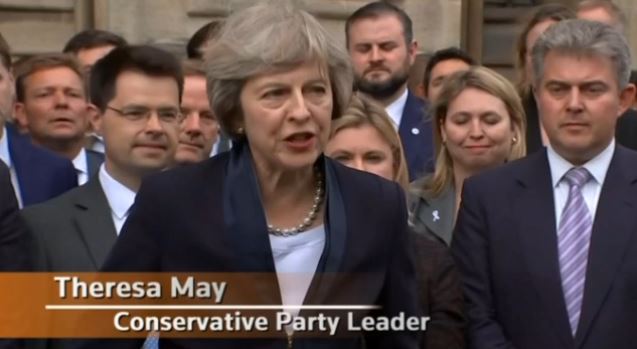
By Sabine Siebold
BERLIN (Reuters) – German Defence Minister Ursula von der Leyen said she does not expect Britain to block a Franco-German initiative to deepen military cooperation among the 27 remaining European Union members after Britain’s vote to leave the bloc.
Berlin and Paris have proposed reviving EU common defence plans long blocked by Britain, partly to give the bloc a sense of purpose after Britons voted to quit the EU and also to counter the loss of the union’s biggest defence spender.
British Defence Secretary Michael Fallon told The Times newspaper this month that London would resist any attempts to duplicate infrastructure that already existed in NATO.
However, von der Leyen told Reuters in an interview that she expected Britain to “make good its promise that it will not hinder important European Union reforms.”
She said she had called Fallon before the initiative was unveiled to tell him that it was not directed against Britain.
“I told him the initiative is designed for a strong Europe, and that this Europe also wants to have good relations with Britain in the future, especially in the area of defence.”
Von der Leyen and the other EU defence ministers will discuss the proposals in Bratislava on Monday evening and Tuesday.
She said all members were welcome to participate in the initiative, but it was not mandatory.
The proposals include a joint and permanent EU headquarters for civilian and military missions, possibly in Brussels, which London says will drain away finite resources when NATO already has its military command centre, also in Belgium.
Negotiations on Britain leaving the EU could last up to two years once London triggers divorce proceedings, which British officials have suggested could happen early next year.
GOAL IS NOT EUROPEAN ARMY
Most EU members, including Britain, France and Germany, are also NATO allies. But Europe wants to be able to act independently of the United States in its neighbourhood.
Von der Leyen was upbeat about the initiative’s chances, noting that some of her EU counterparts and even some government leaders had already expressed interest.
“There is definitely a chance that we can finally take a step forward that is long overdue,” the minister said. “After Brexit, the EU must show that it is capable of acting and that the bloc offers specific advantages.”
A majority of people in the EU wanted quicker and more aggressive action on external security issues, von der Leyen said, citing the EU’s response to the Ebola epidemic and the need to address problems prompting Africans to flee their homes.
She insisted the goal of the initiative was not to found a European army, but to tackle projects already covered under the EU treaty but never fully realised.
Von der Leyen rejected the idea that Germany would take over the military leadership of the EU, saying: “The idea is to become stronger and more efficient by working together. None of us can solve the big crises on our own,” she said.
She said deeper EU defence ties could start early next year if EU leaders agreed to move forward at their meeting in December.
(Reporting by Sabine Siebold, Writing by Andrea Shalal, Editing by Adrian Croft)